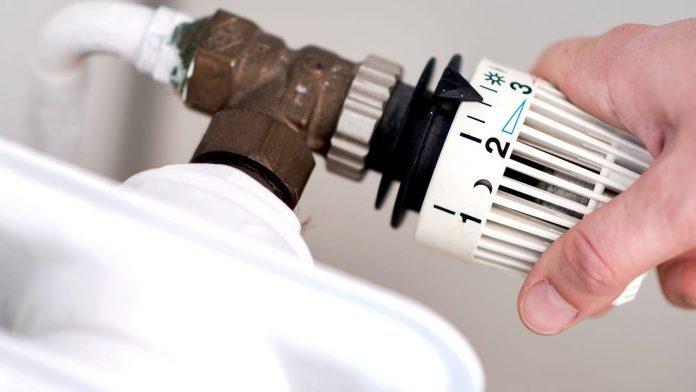Many tenants will soon see it in black and white: heating costs have risen significantly in the past year. There are regional differences.
According to a calculation by the real estate service provider Ista, the heating costs of rental households in Germany rose significantly in some cases in 2023. Compared to 2022, the costs per kilowatt hour rose on average by seven percent for district heating, 34 percent for heating oil and 44 percent for natural gas, the company reported.
The figures are based on the evaluation of around 800,000 heating bills. The state price caps for gas and district heating that existed in 2023 are taken into account.
Because heating was more economical at the beginning of the year and it was rather mild at the end of the year, heating consumption in 2023 was on average slightly lower than in 2022. For an average apartment with 70 square meters of living space, annual heating costs rose on average by two percent to 792 euros for district heating, by 37 percent to 817 euros for natural gas and by 30 percent to 1,095 euros for heating oil.
“Many tenants will have to pay more for heating their apartments than ever before,” said Ista CEO Hagen Lessing. The company assumes that in many cases additional payments will be due for gas and oil heating systems.
In another analysis of the monthly heating data from 350,000 apartments, Ista determined consumption in the 20 largest German cities in the 2023/24 heating season, from the beginning of September to the end of April. The result: Adjusted for weather, tenants only in Stuttgart heated less than in the same period last year, namely by around one percent.
This is followed by Dresden with an increase in consumption of one percent and Munich with two percent more heating energy consumed compared to the previous year. At the bottom was Bielefeld, where the increase in consumption was twelve percent higher, adjusted for weather. According to Ista, overall, five percent more heating energy was consumed in Germany in the 2023/24 heating period, adjusted for weather, than in the previous year.


